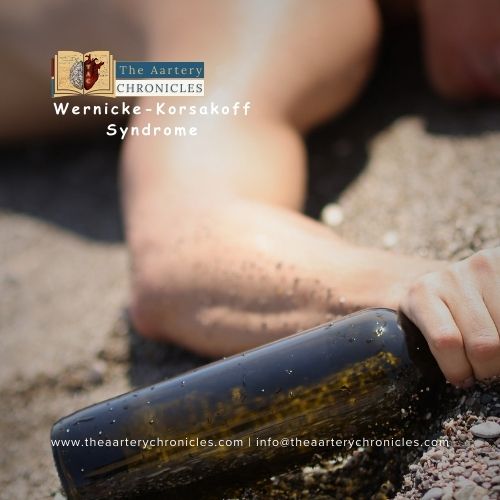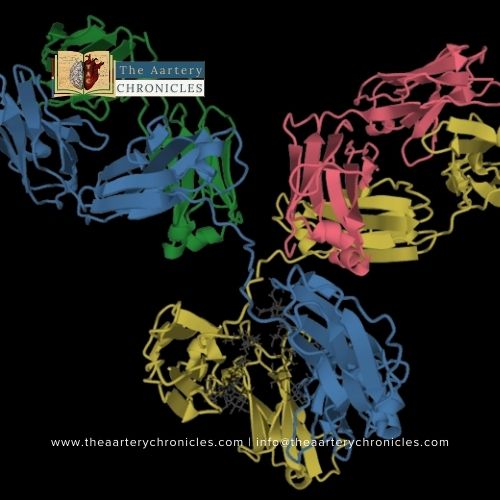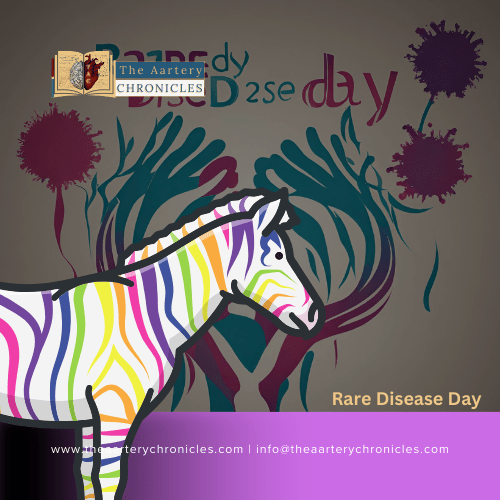

Wernicke-Korsakoff Syndrome Demystified: In-Depth Insights into Causes, Symptoms, and Treatment
Introduction:
Wernicke-Korsakoff Syndrome (WKS) is a neurological disorder with a unique combination of symptoms, often arising from severe thiamine (vitamin B1) deficiency.
The characteristic depiction of this syndrome involves a classic triad of clinical features: changes in mental functioning, such as confusion or dementia, along with nystagmus (or ophthalmoplegia), and ataxia.
Wernicke-Korsakoff syndrome comprises two distinct syndromes: Wernicke encephalopathy and Korsakoff syndrome.
- Wernicke encephalopathy manifests as an acute confusional state, with features typically reversible.
- In contrast, Korsakoff syndrome is marked by irreversible confabulation, memory loss, and gait abnormalities, often resulting from inadequate treatment of Wernicke encephalopathy.
This blog delves into Wernicke-Korsakoff Syndrome, shedding light on its causes, symptoms, and available treatments
Historical Evolution of Wernicke-Korsakoff syndrome
The historical evolution of Wernicke-Korsakoff syndrome involves recognizing the pivotal contributions of key figures—Carl Wernicke, Sergei Korsakoff, and Karl Bonhoeffer. In the late 19th century, Carl Wernicke identified the acute phase, Wernicke’s encephalopathy, characterized by confusion, nystagmus, and ataxia. Sergei Korsakoff later expanded this understanding to include a chronic phase, marked by memory impairment and confabulation.
Karl Bonhoeffer played a crucial role, being among the first to realize the connection between Wernicke’s encephalopathy and Korsakoff’s psychosis. Observing that survivors of Wernicke’s encephalopathy often developed Korsakoff’s syndrome as a residual condition, Bonhoeffer proposed distinguishing between “Korsakoff’s psychosis” (after Wernicke’s encephalopathy) and “Korsakoff’s syndrome” (in dementia and other diseases). Eventually, both terms became synonymous.
It wasn’t until the early 20th century that researchers, including Jolly, noted similar memory disorders in patients with “senile dementia” and other illnesses. However, the true cause remained elusive until the concept of “vital amines” or “vitamins” emerged in 1912. Thiamine, essential for neurological health, was isolated in 1926 and synthesized in 1936, leading to the full clarification of the etiology of Wernicke-Korsakoff syndrome in 1952.
This historical journey highlights the collaborative efforts of Wernicke, Korsakoff, and Bonhoeffer, laying the foundation for a comprehensive understanding of Wernicke-Korsakoff syndrome as we recognize it today.
Causes of Wernicke-Korsakoff Syndrome
WKS primarily stems from chronic alcohol abuse, which can lead to thiamine deficiency due to poor dietary intake and impaired absorption.
- Thiamine is crucial for brain function, and its deficiency can result in structural and functional brain abnormalities.
- Additional prevalent triggers for Wernicke-Korsakoff syndrome encompass bariatric surgery and gastrointestinal (GI) tract malignancies.
- Other contributing factors include eating disorders (such as anorexia), terminal cancer, starvation, strict diets, inflammatory bowel disease, bowel obstruction, AIDS, breastfeeding without supplements, and systemic disorders like tuberculosis and uremia.

Symptoms and Clinical Presentation
Wernicke’s Encephalopathy (Acute Phase):
- Sudden Onset: Rapid emergence of confusion and disorientation.
- Ataxia: Noticeable loss of muscle coordination, affecting balance and movement.
- Ocular Abnormalities: Pronounced by abnormal eye movements, such as nystagmus.
Korsakoff’s Psychosis (Chronic Phase):
- Severe Memory Impairment: Persistent and profound memory deficits impacting daily life.
- Confabulation: Tendency to fabricate false memories, filling gaps in recollection.
- Lack of Insight: Limited awareness and understanding of the condition’s impact on cognitive function.
Understanding the distinction between the acute symptoms of Wernicke’s Encephalopathy and the chronic manifestations of Korsakoff’s Psychosis is crucial for comprehensive assessment and targeted interventions. Early identification during the acute phase is essential for timely treatment and prevention of long-term cognitive impairments in the chronic phase.
Diagnosing WKS
Diagnosing Wernicke-Korsakoff Syndrome involves a combination of clinical evaluation, neurological examinations, and laboratory tests to assess thiamine levels. Brain imaging, such as MRI, may also reveal characteristic abnormalities.
Treatment Options
Thiamine Replacement:
- The cornerstone of WKS treatment is thiamine supplementation, often administered intravenously.
- Early intervention is crucial to prevent irreversible neurological damage.
Alcohol Cessation:
- Addressing the underlying cause involves alcohol cessation, which is essential for preventing further thiamine deficiency.
Rehabilitation and Supportive Therapies:
- For individuals with persistent cognitive deficits, rehabilitation and supportive therapies play a pivotal role in improving daily functioning and quality of life.
Prevention Strategies
Preventing Wernicke-Korsakoff Syndrome involves addressing thiamine deficiency risk factors, such as alcohol misuse. Encouraging a balanced diet rich in thiamine-containing foods (rice, peas, whole wheat bread, spinach, oranges, milk) is also essential.
Conclusion:
Wernicke-Korsakoff Syndrome poses significant challenges, but with early detection and appropriate interventions, there is hope for improved outcomes. Raising awareness about the link between alcohol misuse, nutrition, and neurological health is crucial for the prevention and timely management of this complex syndrome. If you or someone you know is experiencing symptoms related to WKS, seeking medical advice promptly is vital for a better prognosis.

TAC Desk
- Medicine
- Nutrition And Diet
Lorem ipsum dolor sit amet, consectetur adipiscing elit. Ut elit tellus, luctus nec ullamcorper mattis, pulvinar dapibus leo.











